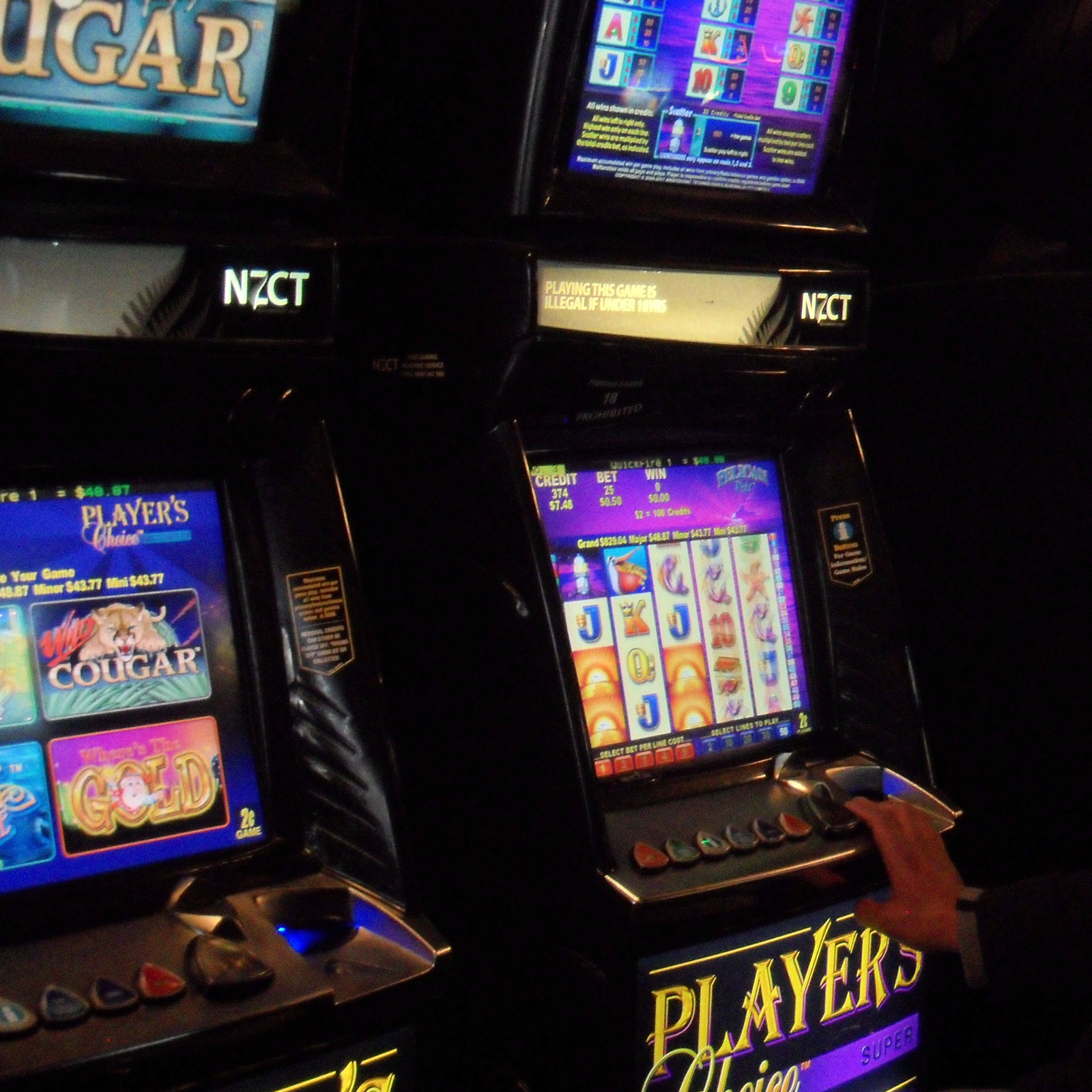
Dr Anne Macaskill is the inaugural recipient of the Hoe Whā – Postdoctoral Fellowship in Problem Gambling Research award from Te Rau Matatini Limited, which runs a number of workforce development programmes across the Māori health and disability sectors. Funding for Dr Macaskill’s award comes from the Ministry of Health.
Dr Macaskill, who is based in Victoria’s School of Psychology, is using the three years of funding from Te Rau Matatini to research attitudes and responses to playing pokie machines with the ultimate goal of better understanding what turns people from recreational betters into problem gamblers.
Ministry of Health data shows that the majority of people who seek help for their own gambling problem, or that of someone close to them, are using non-casino gambling machines which, says Dr Macaskill, are usually located in bars and clubs.
“The unusual thing about pokies is that they are always random—there’s no skill involved and nothing the individual can do to influence the outcome. That’s not the case with other types of betting, such as horse racing, where knowing the form and history of the animals can help you make more informed selections.”
Dr Macaskill’s PhD research, carried out at the University of Florida in the United States, examined people’s decision making processes.
“Life experience tends to teach people both that the past can help predict the future and that sticking with a course of action can be beneficial. It is understandable, but mistaken, for people to apply these beliefs to gambling on slot machines.”
Using computers set up as test slot machines, Dr Macaskill will also be looking at how people respond to features such as free spins, multiple lines to bet on and near wins.
“People generally respond positively to these features even though they make no difference to their chances of winning.”
She says many slot machines are programmed to deliver more near wins than chance would allow because they encourage people to play for longer and spend more money.
“The reality is that getting four out of five is not bringing you closer to a big win. But telling people that the machines are programmed to deliver a high number of near or small wins and that these do not affect their chances of really winning, does not by itself seem to discourage them from playing.”
Dr Macaskill says feeling rewarded by a near win is probably one of the factors that keeps people playing.
“In some casinos, people are able to smoke while they gamble and that is probably another form of reward that encourages them to keep going.”
Trish Davis, Chief Executive of Te Rau Matatini, says Dr Macaskill is an ideal recipient of some of the funds the organisation receives from the Ministry of Health to support research in the problem gambling areas.
“Dr Macaskill has a proven track record in problem gambling research from the decision-making research she undertook while completing her PhD, and we’re delighted to support her on going work in this important area.”
Dr Macaskill intends to bring her research out of the laboratory by creating an online version of her test slot machine so a wider group of volunteers can participate in her research.
For further information, contact Dr Anne Macaskill on 04 463 5880 or anne.macaskill@vuw.ac.nz
For further information about Te Rau Matatini, see www.matatini.co.nz.
